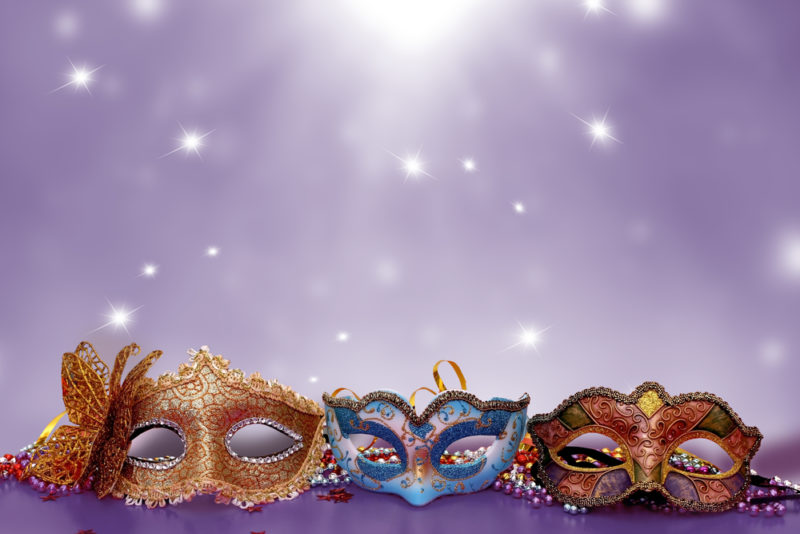Opinion
covid anniversary
All the Masks we Wear
As we stagger towards the one-year anniversary of the pandemic, we come back to Purim again. Was Purim the last holiday you celebrated as a community, or the first part of lockdown? It is, for many of us, the demarcation of the before times and pandemic times. I am aware of other demarcations – last meal in a restaurant; last trip; last people we saw inside. Last movie, theater or concert. Last time I taught, got on a train, hugged a friend.
So we are back at the holiday of masks, masks that allow us to cover and hide who we really are. COVID-19 has both illuminated and weakened our masks. I increasingly understand what parts of me I put on for other people and what parts of me are just for me. My fears, my insecurities, my strengths, my inner doubts have risen to the surface, no longer covered by the masks of social interactions and the way I present myself to others. I spend more time with my feelings and ideas, because there’s more space in my life for my feelings – good and bad.


Shutterstock
I’ve never thought about masks as much as this year (duh). Masks that fog my glasses, masks that make me smile, masks that proclaim my values and identity. Whether it is the mask that proclaims the Big Lie, or the mask that shares my love of Basquiat, our masks have become ways we tell people about the parts of us they do not easily see. We have used our masks to show how and who we are. Masks have become devices for communication and not just distance.
I am struck by one line in the Megillah. Mordechai tells a frightened Esther, “And who knows but that you have come to your royal position for such a time as this?,” reminding her that her presence in the palace isn’t simply her honor, but also her responsibility. Even though God is absent in the Megillah, there is an implication that God managed to get Esther in a place where she could save her people. At her core, she may have found her purpose within the complicated and frightening time of Haman. Even covered with makeup and veils and the trappings of royalty, willing or unwilling, Esther remains the one who saved us. She teaches us that it is our essence and not our masks that will save us; that our gifts connect us; that joy is possible.
If we look to our central characteristics, what strengths have we found during this awful time? Under our masks and the trappings of community, who are we left with? What parts of COVID do we want to keep? I know that teaching has been my raison d’etre, whether with clergy, camp staff, or parents, with professionals or congregants. It has kept me sane, made me feel useful. Zoom has been a lifeline. The wounds of friendships sidelined have taught me who matters and to whom I matter. I have become more aware of the fences I erect around myself, the ways I protect myself from harm. My marriage has deepened, reminding me that trauma may produce growth.
Trust is like dust. It accumulates slowly and dissipates rapidly. Whether that’s trust of myself or of you, our time without metaphorical masks has much to teach us. At Purim, we are told to obscure the names of our enemies even as we recall them. We are taught to realize who we are and why we are here. We have worn masks all of our lives, not just the past year. As we transition to the after-times, which masks will we save? Which masks will save us?
Betsy S. Stone, Ph.D., is a retired psychologist who currently teaches as an adjunct lecturer at HUC-JIR. Her classes include Human Development for Educators, The Spiritual Life-Cycle, Adolescent Development and Teens In and Out of Crisis. She is a regular contributor to eJewish Philanthropy.











